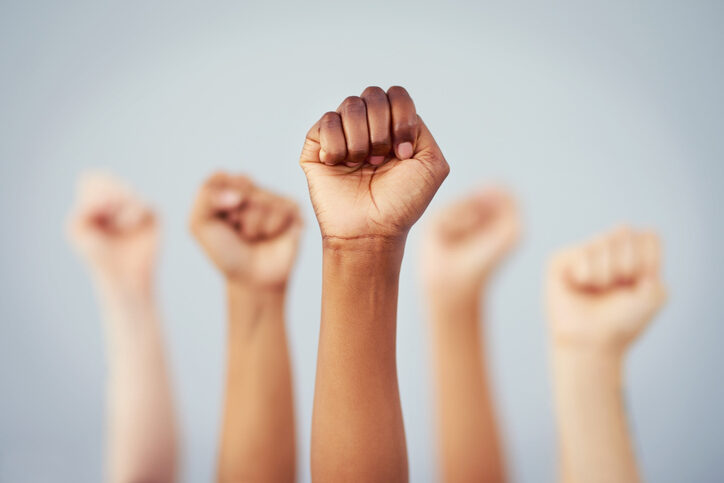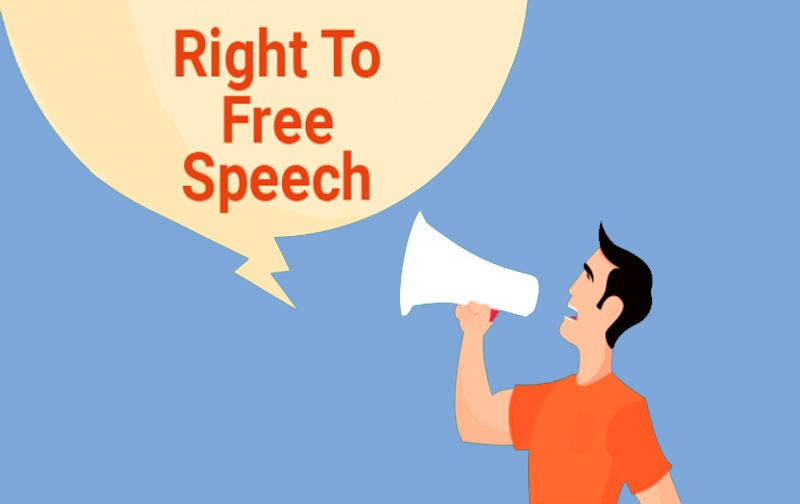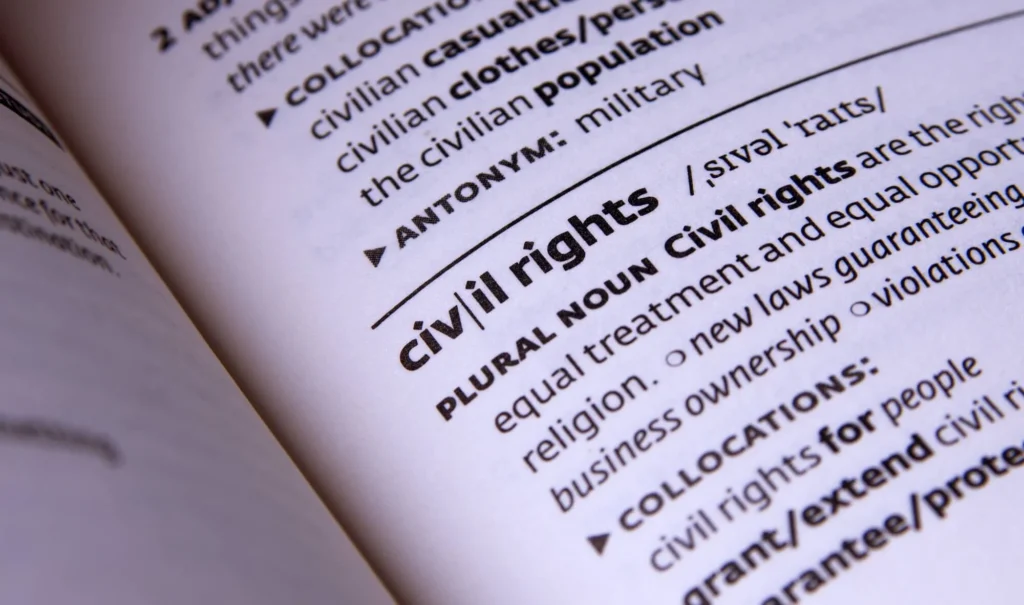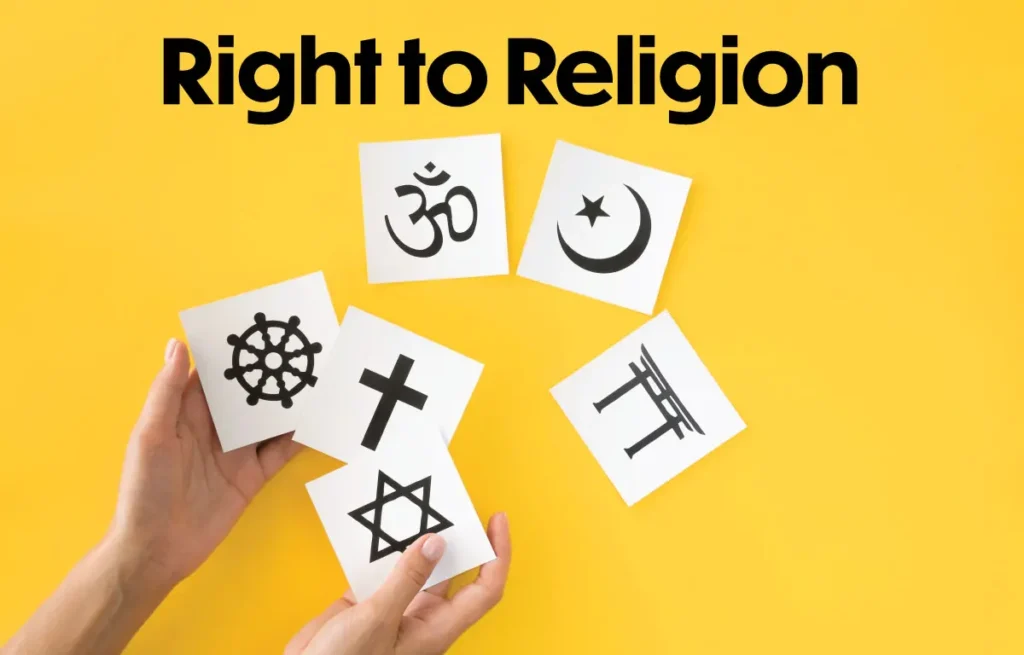
What are 5 Examples of Individual Rights?
Navigating through the spectrum of human society, individual rights stand tall as the custodians of personal freedoms, ensuring and upholding the inherent dignity that each human being possesses. Deep-rooted within legal frameworks and societal norms across democratic societies worldwide, these rights form the bedrock of the liberty and security we often take for granted.
As an enthusiast of the One Freedom™ Framework and a practitioner of life coaching, I have been privy to the extraordinary transformations that occur when individuals recognize and advocate for their rights. This journey towards understanding individual rights is not merely a theoretical exercise – it’s a path to personal freedom, a bridge to lasting well-being, and a step towards fostering a compassionate and judicious global society.
1. Right to Freedom of Speech
At the heart of our democratic societies lies the right to freedom of speech, a vital pillar of individual rights. This fundamental freedom bestows individuals with the power to vocalize their thoughts, perspectives, and ideas without fear of suppression or punitive repercussions. In a world fraught with diverse voices and viewpoints, freedom of speech holds the torch of open dialogue and healthy debate, fostering a culture of understanding and mutual respect.
We exercise this right in various scenarios: raising our voices during public rallies, sharing our perspectives via social media platforms, or expressing our emotions through artistic creations. However, as we navigate this freedom, we must be mindful that our words should not infringe upon others’ rights or instigate harm or conflict.

2. Right to Privacy
Next in line is the right to privacy, silently working in the backdrop of our daily lives, protecting our personal spaces and information. This right stands as a bulwark against unwarranted intrusion, ensuring that our personal spheres are safeguarded against undue violations. It forms the boundaries that uphold our private lives, enabling us to maintain personal secrecy and enjoy our solitude.
The manifestations of the right to privacy are widespread – from the protection against unwarranted surveillance, safeguarding against data breaches, to preservation of our personal space. However, in the broader context, this right must strike a balance with our collective responsibility towards public safety and security.
3. Right to Equality and Non-Discrimination
Ensuring a fair playing field for all, the right to equality is a loud proclamation against discrimination. It assures that all individuals are granted equal treatment under the law, regardless of aspects like race, religion, gender, or socioeconomic status. It stands strong against instances of prejudice and bias, advocating that our diversities are not grounds for differential treatment but rather a celebration of our unique identities.
The manifestation of this right can be observed in various facets of our life – be it anti-discrimination laws that protect us from bias, affirmative action policies that level the playing field, or the provision of equal opportunities in sectors such as education and employment. Despite significant progress, the quest for absolute equality continues, propelled by relentless efforts to dismantle systemic inequalities and foster an inclusive society.

4. Right to Due Process and Fair Trial
The right to due process and a fair trial, underpinning our legal systems, ensures justice and fairness. It guarantees that an individual cannot be deprived of life, liberty, or property without a fair and impartial legal process. It is this right that ingrains the spirit of justice within our societies and builds public trust in the legal system.
This right is exemplified through various legal provisions – the right to legal representation, the right to remain silent, and the right to a speedy trial. Upholding these rights not only prevents wrongful convictions but also bolsters confidence in and respect for justice and fairness.
5. Right to Freedom of Religion
Adding to our repertoire of individual rights is the right to freedom of religion. This right ensures individuals’ autonomy to practice their religious beliefs without interference, fostering a society that cherishes diversity and respects individuality.
Freedom of religion can be seen in attending religious services, wearing religious attire, and partaking in religious rituals. However, as we embrace this freedom, we must remain cognizant of the need to prevent religious discrimination and protect the rights of others. Respecting religious freedom should go hand in hand with the promotion of tolerance and mutual respect among diverse faith communities.

Conclusion
At the heart of democratic societies, individual rights work tirelessly to safeguard personal freedoms and engender a world underpinned by justice, equality, and respect. From the right to freedom of speech and the right to privacy, to equality, due process, and religious freedom, these rights form the foundation of our societies and facilitate an environment where every individual can live freely, authentically, and respectfully.
However, the exercise of these rights should not be taken lightly. Balancing individual rights with the broader well-being of society is a delicate task, one that fosters a harmonious balance where personal freedoms contribute positively to the collective good.
Promoting and advocating for individual rights is an ongoing journey towards a more equitable and inclusive world. As we delve deeper into the realm of these rights, we contribute to creating a society where these rights are not just legal jargon but lived experiences for every individual. By understanding and exercising these rights, we can play our part in fostering a world where freedom, well-being, and compassion are not just ideals but everyday realities.
In conclusion, understanding individual rights is not just a personal journey but a collective responsibility. Embracing these rights and advocating for them are the first steps towards creating a better world. Today, as we strive to build societies that value individual freedom and ensure well-being, let us remember to carry the torch of these individual rights, for they are the lighthouses that guide us towards a more compassionate, inclusive, and equitable world. Let’s champion these rights, for in their defence lies our path to a better tomorrow.